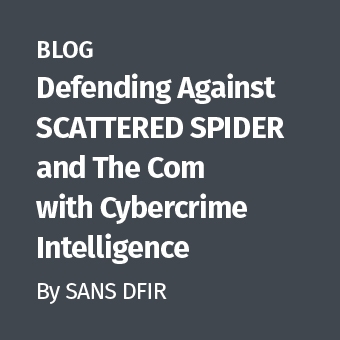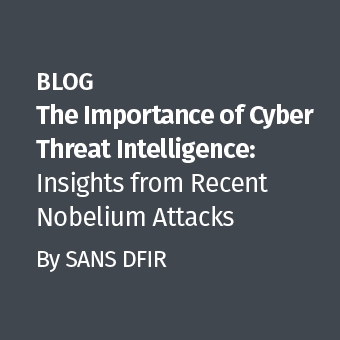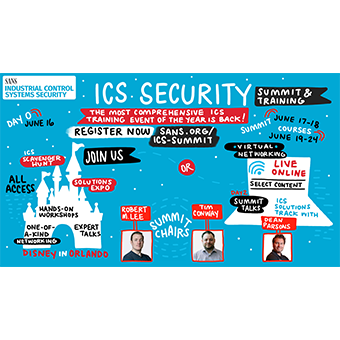This is an op-ed. I have mixed feelings about op-eds on a blog dedicated to a rigorous discipline that should be more precise and scientific. However, I also have some insight into this domain, so I thought I would grant myself an exception. Opinions expressed here are my own, and do not represent any other organization or entity.
I don't think I need to even provide a single hyperlink describing the recent Google hack, so-called Aurora by McAfee after a common directory name used by the perpetrators. But I will. There are many fascinating elements to this story - some good, and some bad. Here I'll discuss a few in each category.
The Right
(Let's start off on a positive note)
For once, mainstream media seems to be getting the story mostly correct. Also, I've yet to see a major story that improperly combines CNA and CNE as though they are the same problem - another new, positive development. Information has been precise, and when found to be inaccurate (such as initial reports that attributed the compromise to the most recent PDF 0-day), corrected. Citing of unnamed sources has been minimal. Hyperbole has been limited, although that can probably be attributed to Google sexifying it itself by dropping such a huge bomb - the story has innate appeal. Cited sources are willing to discuss details to the extent they are able, providing benefit to the broader target space of the issue (news reports suggest up to 33 "victims").
Another surprise appearance is the US Government's response - there was one. At first openly questioning Beijing on the issue, the government seems to be going one more step requesting a formal explanation. I'm no international law scholar, but that sounds serious. In reality, the only way to deal with CNE intersecting other countries is through national policy in the executive branch. This is the first significant, meaningful step to that end that the US has ever taken. In the cold war, when a country was caught spying, there were political ramifications. The diplomatic game kept espionage in check, to a degree that we felt tolerable. Stimulus = response. The lack of any response to date has caused a stimulus feedback loop, with CNE getting worse and worse as foreign investment in the strategy continued to pay dividends. Our government (the last administration as well as this one) has been unable to recognize that this is just a different manifestation of the same model.
Of course, I have to give Google a big ol' tip of the hat for having the stones to stand up and make such a bold statement. Altruistic or profit-driven, you have to admit it took guts to address the attack as frankly as they did. And, because of that, we may begin making progress.
The Wrong
(or, where Mike makes enemies)
Without the media needing to invoke the multi-headed cyberwar hydra ("Cyber 9/11", "Cyber Pearl Harbor", etc.), often used to inject hype and improperly convolute CNA and CNE, the individual professionals doing it stand out even more. It has been suggested this may be due to a lack of common vernacular amongst professionals - I have to agree. If you must use a metaphorical crutch, saying that we may be on the cusp of a 21st-century "Rosenberg moment" is probably far more apropos.
Then there are the Tunnel Vision Award nominees: pretty much the entire AV industry. Let's quote...
"We have never ever, outside of the defense industry, seen commercial industrial companies come under that level of sophisticated attack," says Dmitri Alperovitch, vice president of threat research for McAfee. "It's totally changing the threat model."
This should not be surprising.The defense industrial base has been pleading with the AV industry for innovation to address more sophisticated threats and detection resiliency for at least 5 years, likely longer. Many major malware innovations in that time were first used against that industry - fast-flux DNS, USB malware, you name it. And the following is just plain false
"What really makes this a watershed moment in cybersecurity is the targeted and coordinated nature of the attack with the main goal appearing to be to steal core intellectual property."
AV companies have been getting reports of this from industry for years, they just now decided to pay attention. An innovative company or industry would already be operating on the "changed" threat model from the first quote. That they aren't, and the belief that this is a watershed moment, illustrates broad stagnation from what I feel is one of the worst cases of industry-wide group-think.
And finally, we've got Google's "hack-back." This has always been a hotly-debated topic, and I will be the first to admit that I don't have all of the details. But understanding the goals, risks, and ever-so-expected outcome of this activity, it seems clear to me that it was the wrong call. The goal was to "assemble powerful evidence" that the attackers were on the Chinese mainland. Such evidence rarely exists in intrusion cases, and Google's folks should know this. They engaged in an activity with a very low probability of success. The risks of this activity are many. First, there is little precedent to establish the legality of the activity. While China may be lawless with respect to the Internet, the US is not. Communicating back in this way also exposes details of how much Google knows about the adversaries - or, counter-intelligence. Adversaries are known to use and re-use tools, as well as credentials for e.g. exfil - a common technique I suspect was leveraged here. These are the valuable, less-variable type of indicators that can enable long-term detection and prevention as I've discussed before. In any case, the adversary now knows a great deal about what was, and was not, discovered by the investigation. They can (and will) change those elements of the attack, bringing them into obscurity once again. If other organizations are relying on those indicators, discovered from different attacks by the same adversary, they will be impacted adversely by Google's actions. From a CI perspective, this seems like a boon for the bad guys. And let's just hope Google employees didn't download proprietary info taken from other companies, especially if it was source code as reported. I was first inclined to call the US Government response serendipitous for Google on this point, but then realized it was a red herring: Google did not need to assume that risk in order for things to proceed the way they did. Whether you agree with me or not, this is a risk based decision that needs careful consideration all of the factors I mention here, because it can go very badly very quickly.
Michael is a senior member of Lockheed Martin's Computer Incident Response Team. He has lectured for various audiences including SANS, IEEE, and the annual DC3 CyberCrime Convention, and teaches an introductory class on cryptography. His current work consists of security intelligence analysis and development of new tools and techniques for incident response. Michael holds a BS in computer engineering, an MS in computer science, has earned GCIA (#592) and GCFA (#711) gold certifications alongside various others, and is a professional member of ACM and IEEE.




